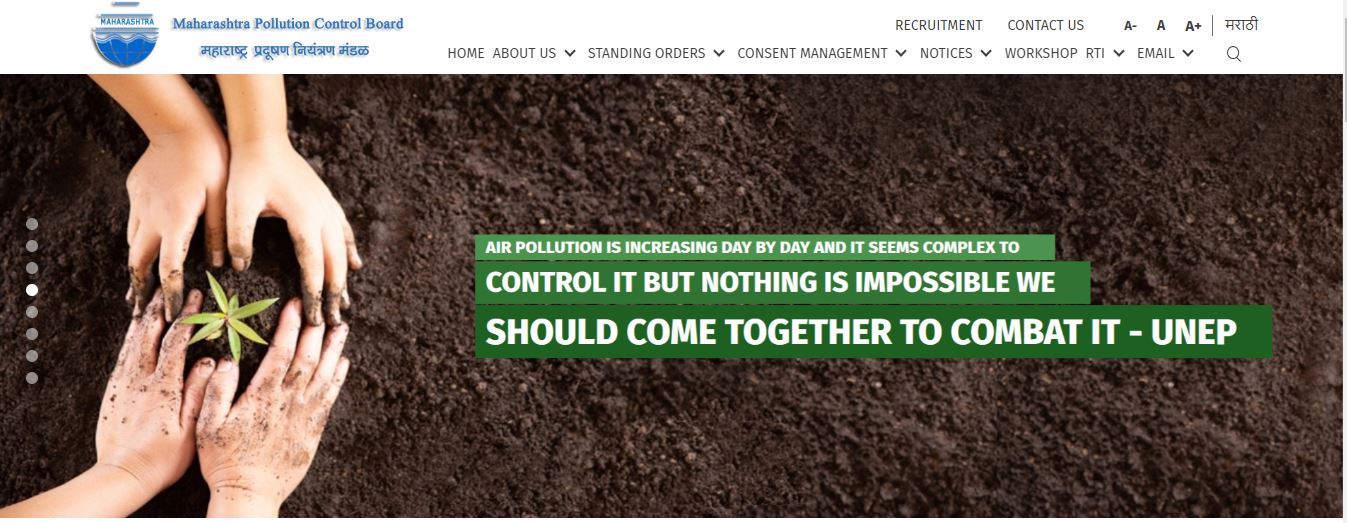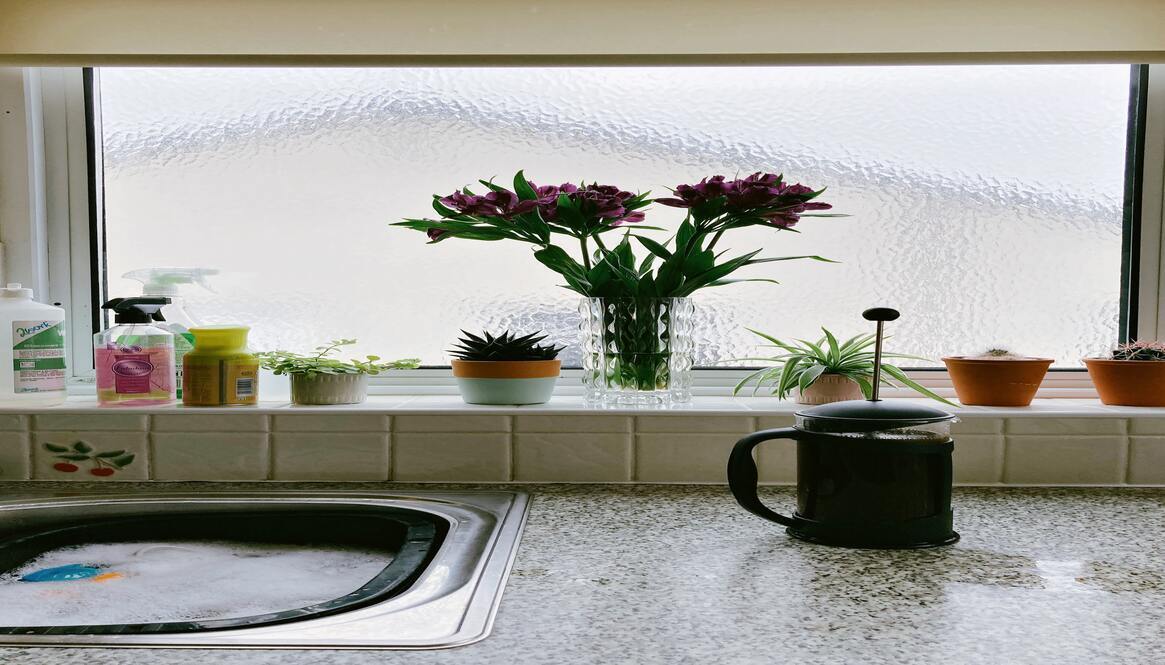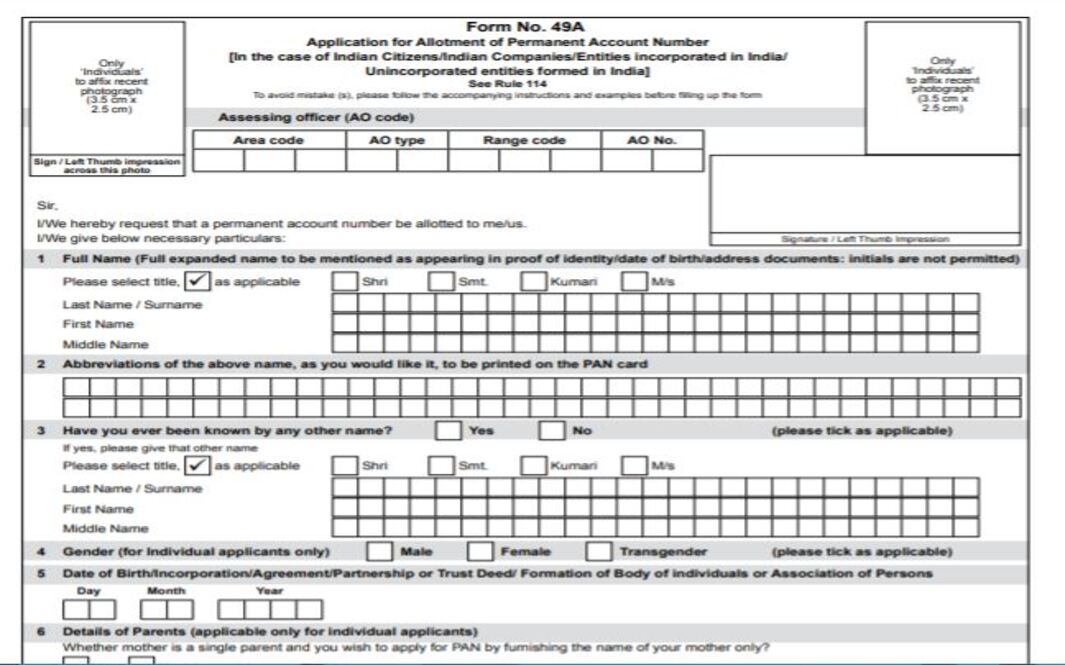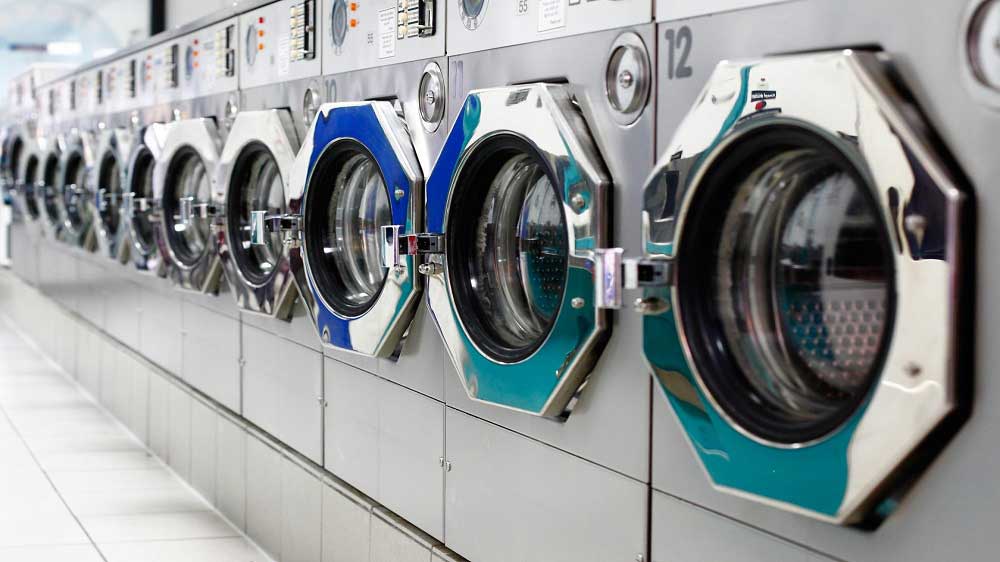Pollution control board (SPCB)
Continuing with our series on NOC for pollution certificate. We would present you an article on various state pollution control board within India. State pollution control board are the state regulatory bodies that provide NOC for different pollution approval within India. NOCs are consent provided to operate a industry.
Types of NOC required
There are two types of NOCs required from pollution control board to operate a industry in India. NOC stands for No objection certificate-
- Consent to establish(CTE) – It is a initial permission required from state pollution control board for starting a business. Consent to establish is provided keeping in mind various aspects related to pollution control enlisted in law. To obtain a consent to establish , business need to meet all mandatory standers as well documentation required under law.
- Consent to operate (CTO) – It is the second level of consent required by a business operating India. This consent is require to be obtained any level of pollution spread by the business.
State pollution control board
TamilNadu pollution control board

Tamilnadu pollution control board was set up in 1982 . It has head office in Chennai along with 7 zonal offices. Main objective of TNPCB is o implement various legislations as framed in the law. TNPCB collets and disseminates information related to air, water and other types of pollution. Tamilnadu pollution control board lays down standards for pollution and hazardous waste management within state f Tamil Nadu.
TNPCB issues consent to industries in two steps
- Consent to establish is issued depending upon the suitability of the site before the industry takes up the construction activities
- Consent to operate is issued after installation of pollution control measures by the unit to satisfy the standards.
Main duties or function of Tamilnadu pollution control board includes-
- TNPCB can issue show cause notices, takes legal actions and also issues directions for closure, stoppage of power supply, water supply etc., against erring industries
- TNPCB categories industry on different categories such as Red, Orange, Green or White
- TNPCB created environment for training of various stakeholders such as government and industries. In these training program, stakeholders are educate about various measures that can be undertaken to reduce various types of pollution.
TNPCB OCMMS stands for Tamil Nadu online consent management and monitoring system. It is an online portal designed for service of industries. Applicant can access TNPCB OCMMS to access varius services such as quick search and application status.
KSPCB/Karnataka State pollution control board

KSPCB or Karnataka state pollution control board was setup in 1974. KSPCB collets and disseminates information related to air, water and other types of pollution. Karnataka pollution control board lays down standards for pollution and hazardous waste management within state f Tamil Nadu. KSPCB has head office in Bengaluru. It has regional offices located al across Karnataka.
Main objectives of KSPCB includes-
- To design and execute various programs to prevent and control various types of pollution within state.
- To advise state government on various policy matters related to pollution
- To collect and disseminate information relating to water pollution, air pollution and the prevention, control or abatement thereof
- To lay down pollution prevention standards within state
KSPCB issues consent to industries in two steps
- Consent to establish is issued depending upon the suitability of the site before the industry takes up the construction activities
- Consent to operate is issued after installation of pollution control measures by the unit to satisfy the standards.
Delhi pollution control committee/DPCC

DPCC or Delhi pollution control committee was setup to maintain environmental standards within state. DPCC collects and disseminates information related to air, water and other types of pollution. Delhi pollution control committee lays down standards for pollution and hazardous waste management within state f Tamil Nadu. DPCC has head office in Kashmere Gate, Delhi.
Main functions of DPCC includes-
- DPCC acts as central authority within state of Delhi to implement various environmental acts within Delhi. It has supervising as well as statutory powers under the law to do the same.
- It is a regulatory body that implements various environmental/pollution laws enacted by parliament.
- Advise the Delhi Government on any matter concerning prevention and control of water and air pollution and improvement of the quality of air
- Organize awareness among government as well as public regarding environment pollution.
- Collect and publish data related to environmental pollution and hazardous waste within state.
GSPCB/Goa state pollution control board

GSPCB/Goa state pollution control board was constituted in 1988. GSPCB is a state level regulator to control various aspects of pollution within state of Goa. Main functions of GSPCB includes-
- Sampling and analysis of industrial affluent. GSPCB has constituted a laboratory o conduct various testing related to water pollution.
- Ambient air quality monitoring
- It is a regulatory body that implements various environmental/pollution laws enacted by parliament.
- Advise the Goa Government on any matter concerning prevention and control of water and air pollution and improvement of the quality of air
- Organize awareness among government as well as public regarding environment pollution.
- Collect and publish data related to environmental pollution and hazardous waste within state.
Focus area of GSPCB includes –
- Acts and rules
- Status reports
- Air quality
- water quality
- Noise pollution
- Guidelines for mobile towers
Maharashtra Pollution control board/MPCB

Maharashtra Pollution Control Board (MPCB) is implementing various environmental legislations in the state of Maharashtra. MPCB is functioning under the administrative control of Environment Department of Government of Maharashtra. MPCB was established on 7th September,1970 under the provisions of Maharashtra Prevention of Water Pollution Act,1969. Main functions of Maharashtra Pollution Control Board (MPCB) includes-
- To create framework and regulations for prevention of pollution in state of Maharashtra.
- To advise state government on various policy matters related to pollution
- To collect and disseminate information relating to water pollution, air pollution and the prevention, control or abatement thereof
- To lay down pollution prevention standards within state
- Support and create enabling environment for new development in the field of pollution control.
- To educate all stakeholders including government, business and citizens about various new initiatives taken by Maharashtra Pollution Control Board for pollution prevention within the state.
- Create public awareness about importance of clean environment through use of different mediums such as digital media.
RSPCB/ Rajasthan state pollution control board

The Rajasthan State Pollution Control Board was constituted on 7th February 1975. It was initially setup prevention and maintenance of water pollution within state. Later, it was also made regulatory body for prevention of air pollution and hazardous waste. RSPCB provides clearances and consent for setting up of an industrial unit within the state. It also issues various guidelines and regulations concerning environmental protection in Rajasthan.
In this article, we have discussed about various state pollution control board such as DPCC, TNPCB, MSPCB etc. State pollution control board act as an regulatory body to implement and spervise various regulations related to environment protection within states. We would continue to write more on pollution control in future articles. Meanwhile, you can read on different types of trade licenses required in India in different subsections of our website.
















